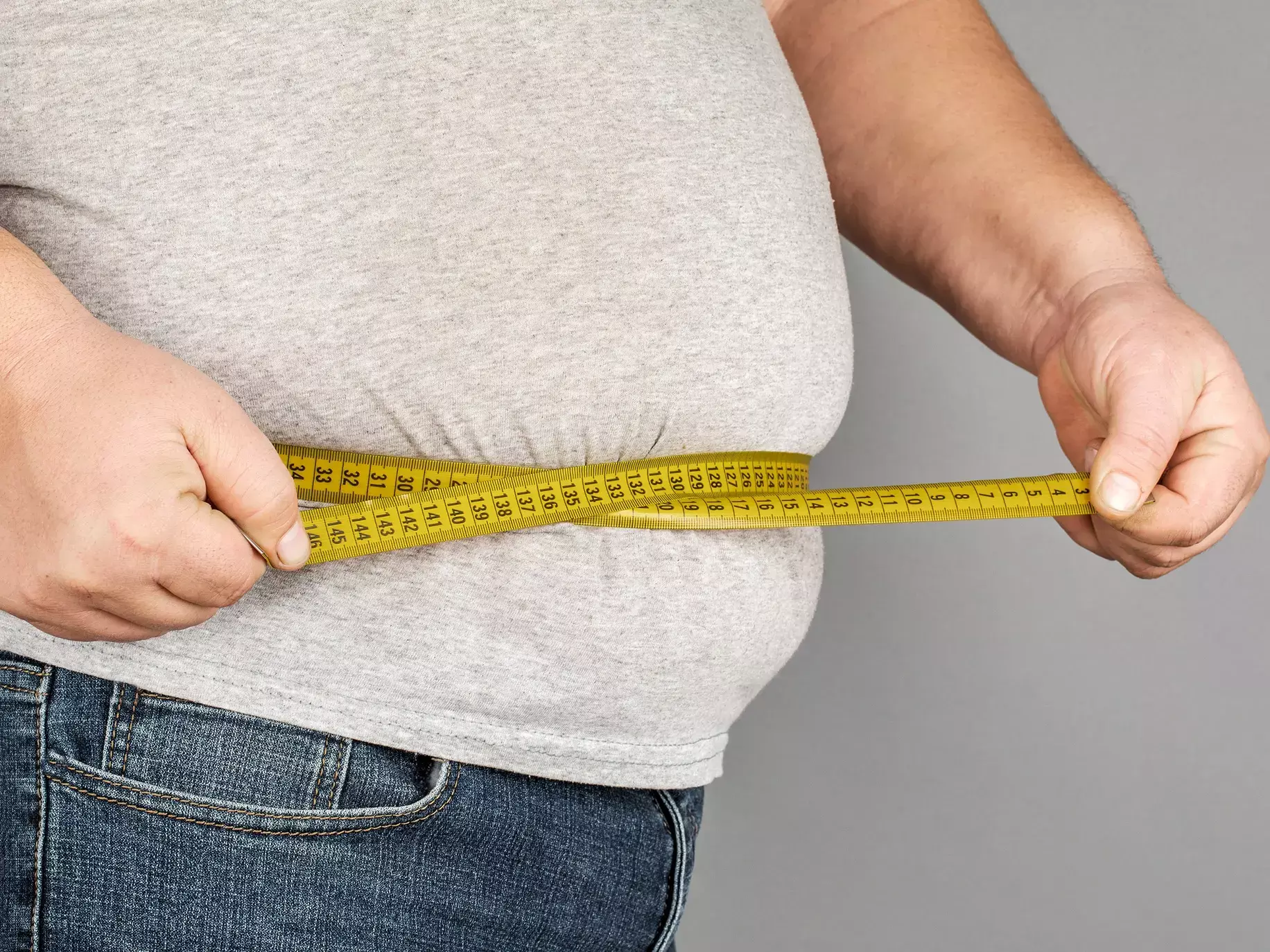- Home
- Medical news & Guidelines
- Anesthesiology
- Cardiology and CTVS
- Critical Care
- Dentistry
- Dermatology
- Diabetes and Endocrinology
- ENT
- Gastroenterology
- Medicine
- Nephrology
- Neurology
- Obstretics-Gynaecology
- Oncology
- Ophthalmology
- Orthopaedics
- Pediatrics-Neonatology
- Psychiatry
- Pulmonology
- Radiology
- Surgery
- Urology
- Laboratory Medicine
- Diet
- Nursing
- Paramedical
- Physiotherapy
- Health news
- Fact Check
- Bone Health Fact Check
- Brain Health Fact Check
- Cancer Related Fact Check
- Child Care Fact Check
- Dental and oral health fact check
- Diabetes and metabolic health fact check
- Diet and Nutrition Fact Check
- Eye and ENT Care Fact Check
- Fitness fact check
- Gut health fact check
- Heart health fact check
- Kidney health fact check
- Medical education fact check
- Men's health fact check
- Respiratory fact check
- Skin and hair care fact check
- Vaccine and Immunization fact check
- Women's health fact check
- AYUSH
- State News
- Andaman and Nicobar Islands
- Andhra Pradesh
- Arunachal Pradesh
- Assam
- Bihar
- Chandigarh
- Chattisgarh
- Dadra and Nagar Haveli
- Daman and Diu
- Delhi
- Goa
- Gujarat
- Haryana
- Himachal Pradesh
- Jammu & Kashmir
- Jharkhand
- Karnataka
- Kerala
- Ladakh
- Lakshadweep
- Madhya Pradesh
- Maharashtra
- Manipur
- Meghalaya
- Mizoram
- Nagaland
- Odisha
- Puducherry
- Punjab
- Rajasthan
- Sikkim
- Tamil Nadu
- Telangana
- Tripura
- Uttar Pradesh
- Uttrakhand
- West Bengal
- Medical Education
- Industry
Does Sleeve gastrectomy have long-term impact on arrhythmia incidence?

A new study by Marco Vecchiato and team showed that although the likelihood of exercise-induced arrhythmias may be increased in the early post-surgical period, Sleeve gastrectomy (SG) does not have a long-term impact on arrhythmia incidence. The findings of this study were published in the International Journal of Obesity.
The risk of cardiac arrhythmias is increased in those who are obese. A typical bariatric procedure with favorable results for comorbidities and weight reduction is the sleeve gastrectomy. In order to determine the prevalence of arrhythmias during maximum activity testing in individuals with moderate-severe obesity and to assess the effect of SG on these arrhythmic occurrences, this study was done.
Between June 2015 and September 2020, all patients with moderate or severe obesity who were deemed qualified for SG were enrolled. Each patient underwent three incremental, maximal, ECG-monitored cardiopulmonary exercise tests 1 month prior to, 6 months after, and 12 months after SG. During the rest, exercise, and recovery phases, the frequency and complexity of ventricular premature beats (VPBs) and atrial premature beats (APBs) were assessed.
The key findings of this study were:
1. The study comprised 50 individuals with a BMI of 46.39 ± 7.89 kg/m2 or higher who had extreme obesity.
2. Patients showed a lower BMI following SG (34.15 ± 6.25 kg/m2 at 6 months and 31.87 ± 5.99 kg/m2 at 12 months).
3. An increase in VPBs, mostly during the recovery period, was seen at 6 months after SG.
4. A decrease in VPBs was seen at 12 months post-SG compared to the 6-month assessment.
Reference:
Vecchiato, M., Quinto, G., Neunhaeuserer, D., Battista, F., Bettini, S., Gasperetti, A., Vettor, R., Busetto, L., & Ermolao, A. (2023). The incidence of cardiac arrhythmias during exercise stress testing: a focus on patients with severe obesity undergoing sleeve gastrectomy. In International Journal of Obesity. Springer Science and Business Media LLC. https://doi.org/10.1038/s41366-022-01252-7
Neuroscience Masters graduate
Jacinthlyn Sylvia, a Neuroscience Master's graduate from Chennai has worked extensively in deciphering the neurobiology of cognition and motor control in aging. She also has spread-out exposure to Neurosurgery from her Bachelor’s. She is currently involved in active Neuro-Oncology research. She is an upcoming neuroscientist with a fiery passion for writing. Her news cover at Medical Dialogues feature recent discoveries and updates from the healthcare and biomedical research fields. She can be reached at editorial@medicaldialogues.in
Dr Kamal Kant Kohli-MBBS, DTCD- a chest specialist with more than 30 years of practice and a flair for writing clinical articles, Dr Kamal Kant Kohli joined Medical Dialogues as a Chief Editor of Medical News. Besides writing articles, as an editor, he proofreads and verifies all the medical content published on Medical Dialogues including those coming from journals, studies,medical conferences,guidelines etc. Email: drkohli@medicaldialogues.in. Contact no. 011-43720751


